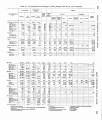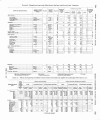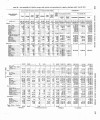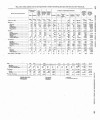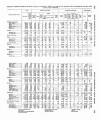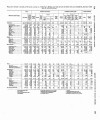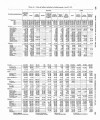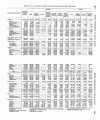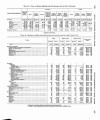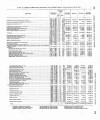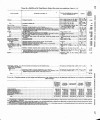| Title |
Annual Report of the Commissioner of Indian Affairs - 1915 |
| Subject |
Indian reservations; Federal government; Indians of North America; Maps; Work; Land use; Allotment of land; Treaties; Agriculture; Timber; Health; Indians of North America--Social life and customs; Water rights; Natural resources; Ute Indians--History; Employment (Economic theory); Education; Indians of North America--Education; Children; Alcohol; Courts; Irrigation; Livestock; Indigenous peoples--North America |
| Keywords |
Annual Report; Indian Agency; Reservations; Land Rights; Mining; Resources; Native Americans |
| Publisher |
Digitized by J. Willard Marriott Library, University of Utah |
| Tribe |
Ute |
| Language |
eng |
| Description |
Excerpts concerning Utah from the Annual Report of the Commissioner of Indian Affairs - Courtesy of the University of Wisconsin Digital Collections. The Commissioner of Indian Affairs describes vocational training in Indian schools, efforts at promoting the health of American Indians, an increase in farming efforts, successes in stock raising, use of Indian land by third parties, etc. The Commissioner provides tabular data pertaining to American Indians, including Indians of Utah |
| Type |
Text |
| Coverage |
Uintah and Ouray Indian Reservation (Utah); Utah; Washington (D.C.) |
| Format |
application/pdf |
| Rights |
Digital Image © 2011 America West Center. All Rights Reserved |
| ARK |
ark:/87278/s6x9570s |
| Creator |
Commissioner of Indian Affairs |
| Date |
1915 |
| Spatial Coverage |
Uintah and Ouray Indian Reservation (Utah); Washington (D.C.); Utah |
| Setname |
uaida_main |
| ID |
376767 |
| Reference URL |
https://collections.lib.utah.edu/ark:/87278/s6x9570s |






















































































































